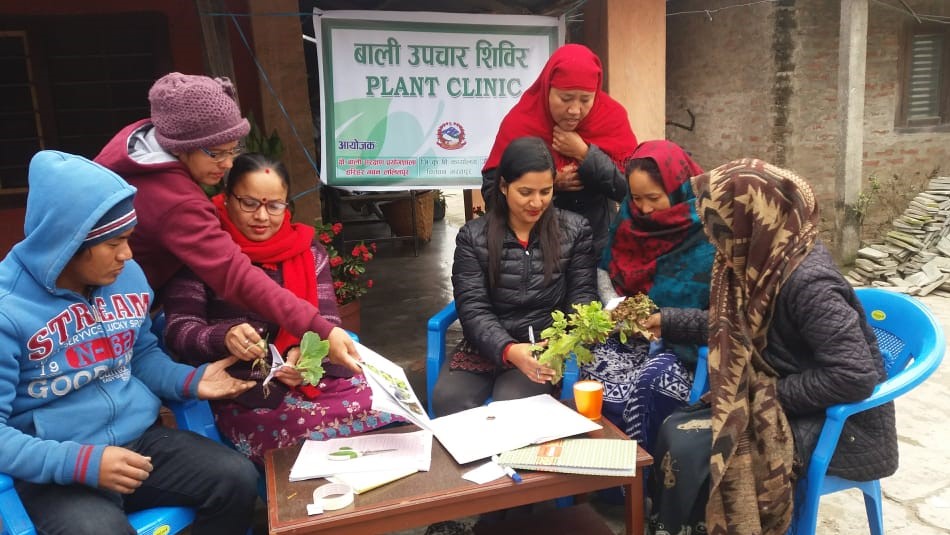
Nepal has immense diversity in its agro-climate and its crop production, thanks to the variation in its physical landscape. However, it faces a major constraint on its agricultural production, due to pests. Various studies indicate that about 35–40% of pre- and post-harvest losses in Nepal are caused by pests. Several types of chemicals are used to control the pests of the major crops. However, while chemical pesticides are useful for reducing pest populations and incidence they can cause environmental pollution, degradation of soil fertility and the destruction of natural enemies. Furthermore, pests can become resistant to these pesticides.
At the same time, diagnostic services in Nepal are scarce and poorly coordinated due to a lack of agricultural technicians and extension services. Plus, there is a lack of reliable data on, and systematic monitoring of, pests, with inadequate advisory services to help farmers resolve their plant health problems.
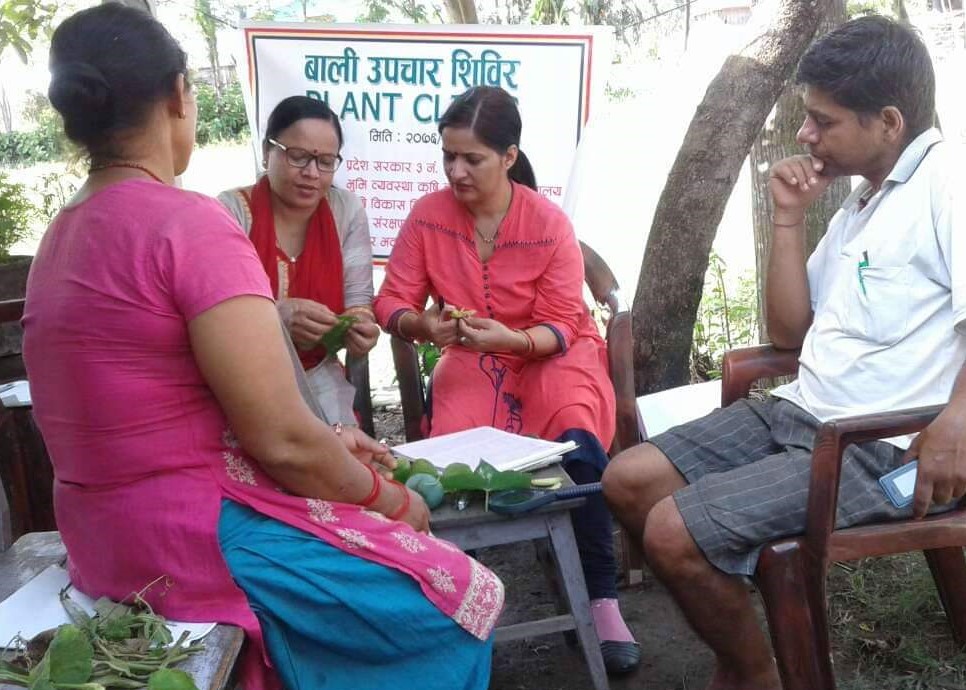
In this context, the Plantwise plant clinics are a novel approach to providing plant health advisory services to farmers in Nepal. Plant clinics are run by trained plant doctors, who are mostly extension agents. When farmers discover health problems with their plants, they visit these clinics and explain the problem to the plant doctors, who then provide a diagnosis and give recommendations for pest management. Thus, plant clinic services are demand-driven, with farmers themselves determining the need for advice. The regular contact established between plant doctors and their clients helps them work together to solve plant health problems. Plant clinics are a key component of a plant health systems approach which aims to strengthen links between research, extension, regulation and input supply, and they can complement the existing extension approaches in Nepal that aim to improve the plant health system.
In addition to conventional plant clinic services, e-plant clinics are also being implemented in Nepal. An e-plant clinic includes an ICT structure that makes it easier for plant health stakeholders to access relevant information, and to use that information effectively to apply practical solutions to problems. Besides being given a prescription note, farmers are provided with information on the nature of the problem, causal agent characteristics and necessary approaches to follow, via an SMS service. E-plant clinics have been proven to be an effective tool for disease pest surveillance in Nepal, allowing farmers themselves to keep track of disease pests arriving in their area.
The plant clinic concept has already been mainstreamed into the Government of Nepal’s extension system in the country. With support from Plant Quarantine and Pesticide Management Centre-PQPMC (previously called PPD), Nepal Agricultural Research Council (NARC), NGOs, agro-input dealers and producer’s organizations- plant clinics were established in multiple locations across the country which were staffed by trained plant doctors.
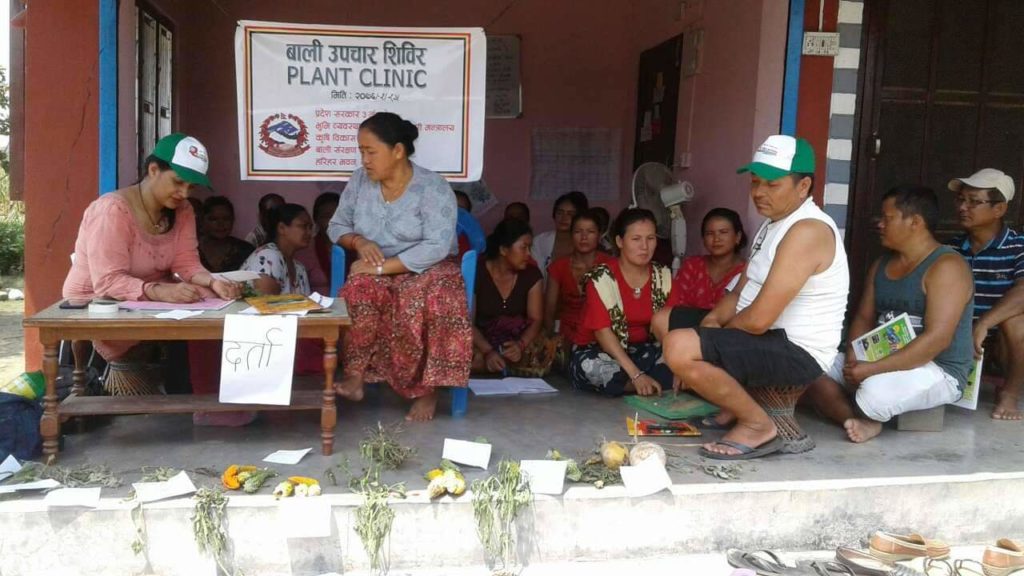
The Government of Nepal has asserted the priority of both minimizing crop losses and scaling up crop production. The government authorities have been compelled to prioritize the interventions, which has led to more focus on putting the system in place, which has ended up delaying the launch of service delivery at the local level. However, due to various situations it becomes difficult to assess how novel services benefiting small farmers are implemented. One of the biggest issues in the recent past was a major earthquake followed with economic blockade, which forced authorities to appoint grassroots-level personnel for other jobs like humanitarian support. The issue was further augmented with the establishment of a federal governance system that disrupted the whole system and seriously affected the delivery of services relating to plant health like operation of plant clinics. As a result, farmers are facing difficulties in managing their pest problems effectively. The COVID-19 pandemic is also presenting numerous production problems for Nepalese farmers, one of which is a lack of regular access to advisory services for crop protection, including access to technical knowledge and skills.
The Department of Agriculture reports that there are 1,000 integrated pest management (IPM) farmer facilitators in Nepal. To overcome some of the existing gaps in plant health extension the concept of conventional plant clinics can be used as a novel approach to providing regular, low-cost plant health services to farmers at the local level by training these IPM facilitators. The effectiveness of such plant clinics can be enhanced by increasing their coverage and increasing farmers’ access to them, as well as by increasing the quality of plant health care services.
If the Government of Nepal can allocate resources, in coordination with local governments, to utilize locally-available IPM farmer facilitators then CABI can help organize the technical support to scale-out these locally run (e)plant clinics. This would mean increased reach in terms of providing safe and practical plant health advice, and more appropriate use of pesticides, which will ultimately help to reduce losses due to insect pests, and increase productivity. It will also have a positive impact on people, livestock and the environment.
Finally, beyond implementing plant clinics in Nepal, there also remains a need for more systematic and thorough research; for more efficient pest database management; and for the use of recorded data in the ongoing planning process.
Read more about Plantwise in Nepal.
About the author

Rita Bastakoti is a progressive farmer and has a dual degree in Humanities & Social Science in Rural Development. She is active at the grassroots level to help smallholder farming communities across the country in Nepal. She currently works in the capacity of General Secretary at National Farmer Group Federation, Nepal, with her key responsibilities to deliver on organizational assessment and coordinate with related organizations for the welfare of small holder farmers. Rita is a trained IPM farmer facilitator where her role was mainly focused on conducting training on IPM methodology and the safe use of pesticides. She is also a trained plant doctor and is actively involved in conducting plant clinics supported by the Government of Nepal. Her work has been recognized by various governmental and non-governmental organizations for which she has also won several awards.
All photos provided by Rita Bastakoti
7 Comments
Leave a Reply
Related News & Blogs
Plant clinics in Malawi: Reducing pest threats to increase crop yields and farmer incomes
Plant clinics in Malawi are empowering smallholder farmers to manage crop pests more effectively. In 2025, scientists published a paper in Plant Environment Interactions reviewing the impact of plant clinics on farmers in Malawi. The clinics have creat…
5 December 2025

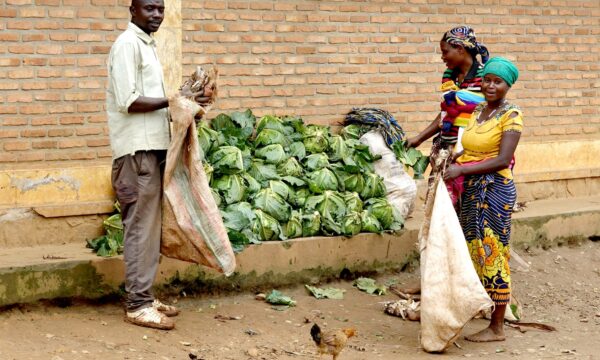
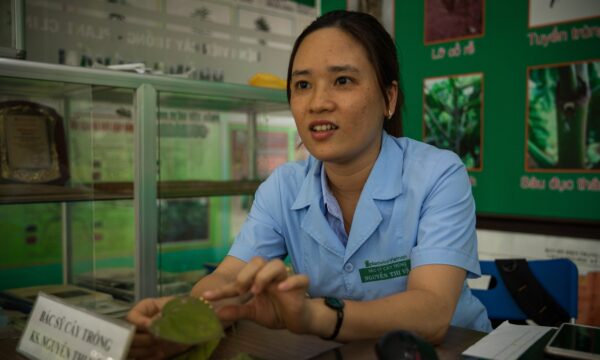
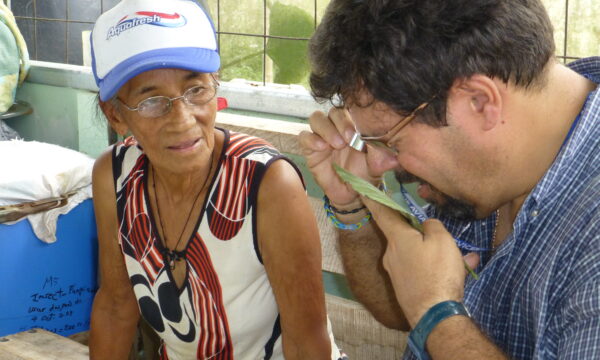
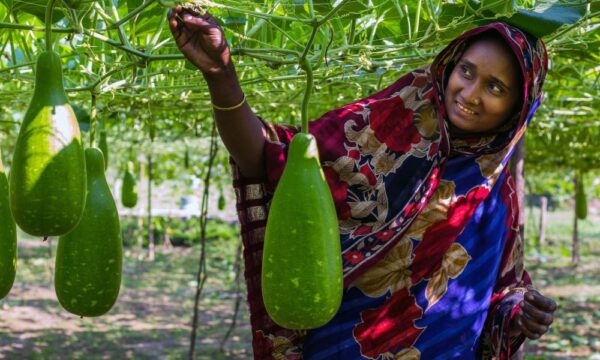
Great work in your best level .!!!
You are great maiju.wish you all the best
You are the young leader and involving at new initiatives. Great job. Best wishes ahead.
You are doing great work Rita madam. This is really contextual and needed for nepal.
Great Job Madam. Keep it up.
I also have done multiple plant health camping in Nepal.
[…] You can find link here: https://blog.plantwise.org/2020/05/19/the-importance-of-plant-clinics-to-nepalese-smallholder-farmer… […]